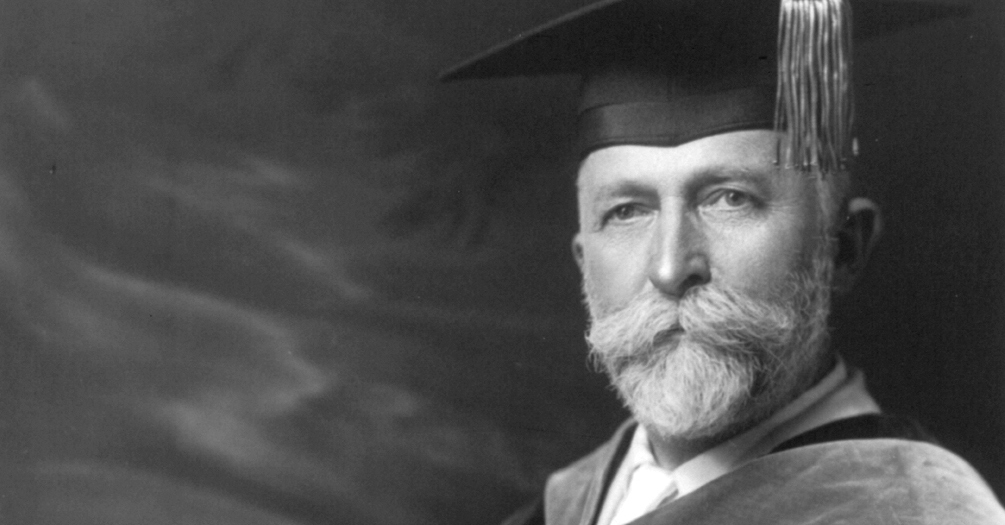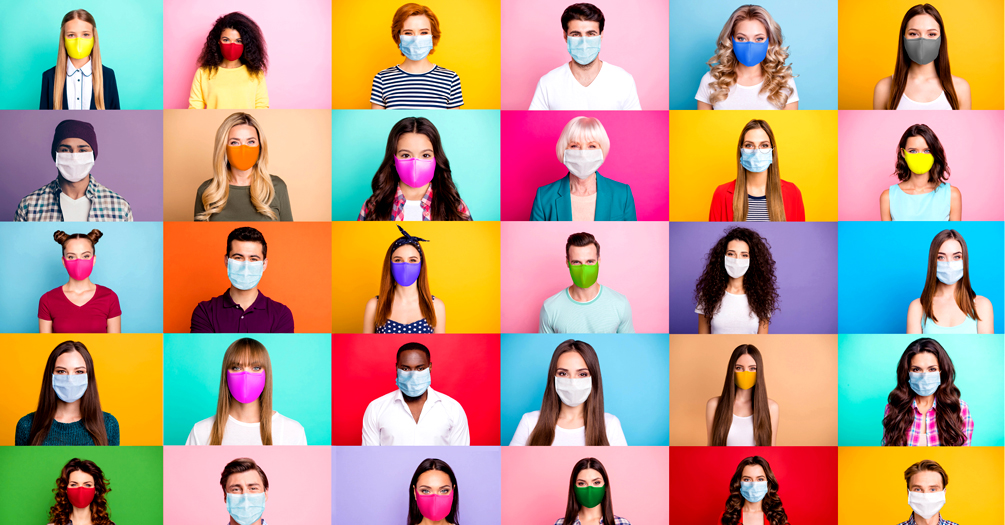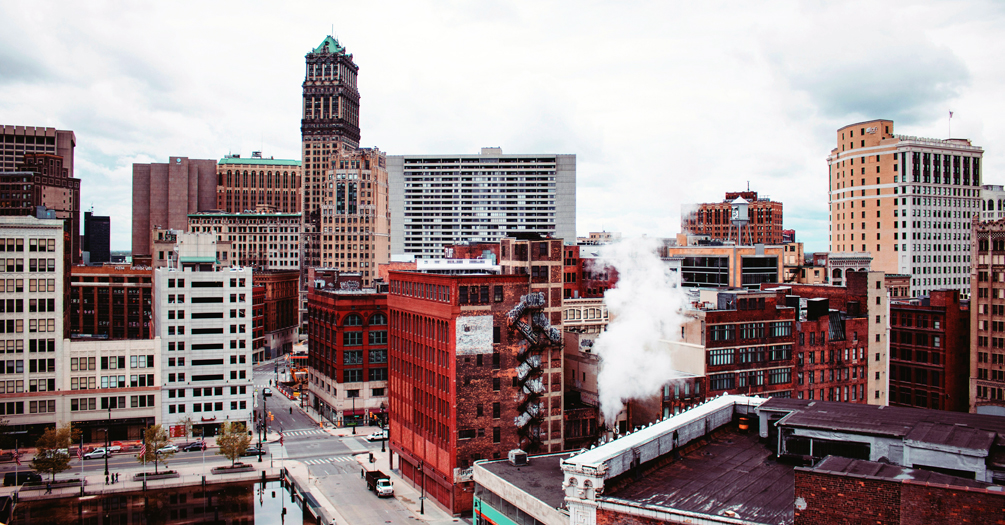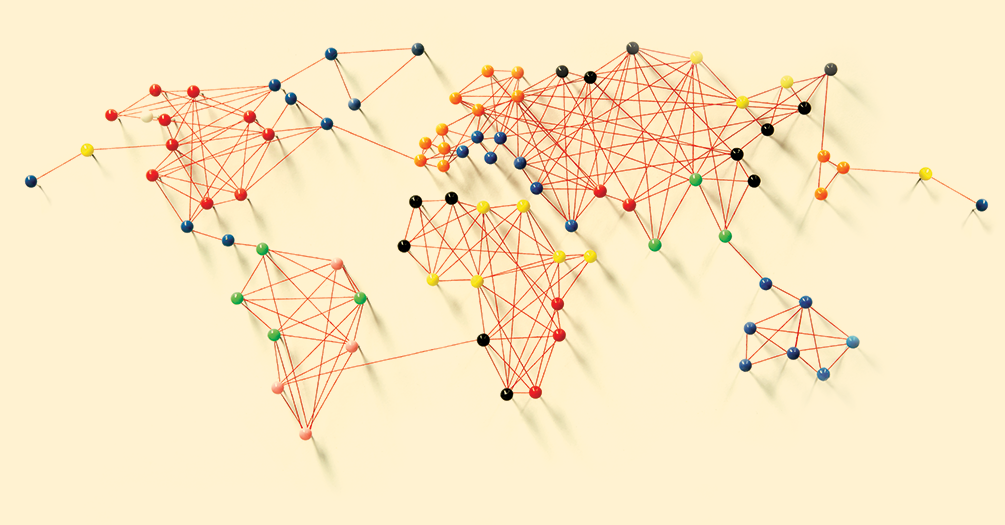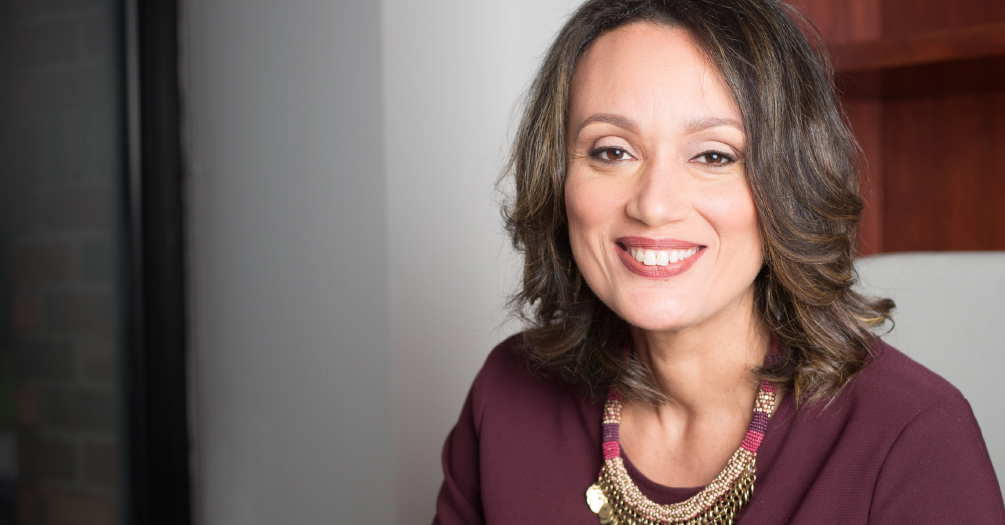
Recognizing Black Maternal Health Week
Avonlea Rickerson
Maternal and infant mortality are widely considered to be an indication of a nation's overall health, and the United States' rates are relatively higher than those in more disadvantaged countries. Those rates increase drastically for Black mothers in America.

